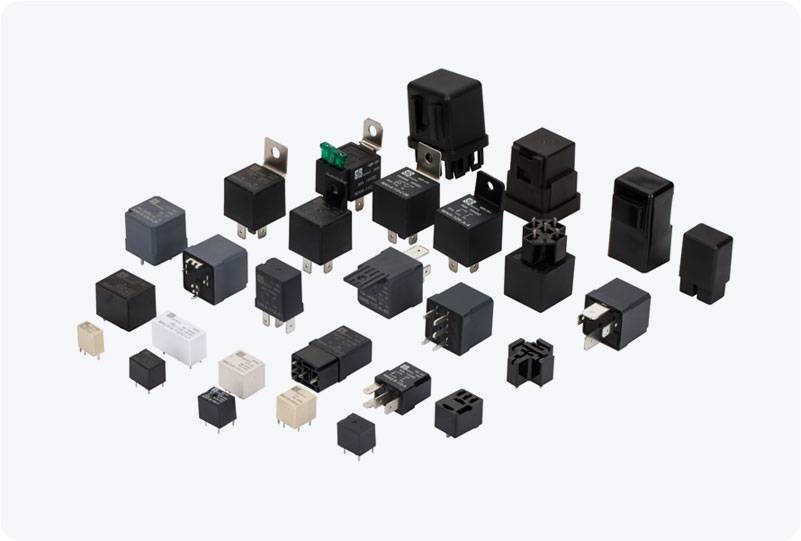A Current Overload Relay is an essential device in the world of electrical systems, primarily designed to protect electrical equipment, especially motors, from damage caused by excessive current. This article delves into the importance, working principles, types, and applications of current overload relays, highlighting their crucial role in safeguarding electrical infrastructure.

What is a Current Overload Relay? A Current Overload Relay (COR) is an electromechanical or electronic device that monitors the current flowing through a circuit. When the current exceeds a predetermined threshold, the relay is triggered to break the circuit, thereby protecting the system from damage. It acts as a safety mechanism, preventing overheating and subsequent failure of electrical equipment, especially electric motors. Electric motors, for example, are susceptible to damage when subjected to excessive current for extended periods. This could result from mechanical failures, blockages, or other factors leading to an overload condition. The Current Overload Relay provides an automatic protective response by interrupting the power supply before irreversible damage occurs.